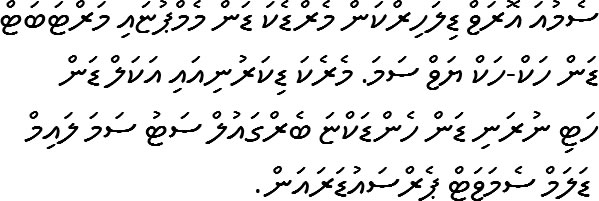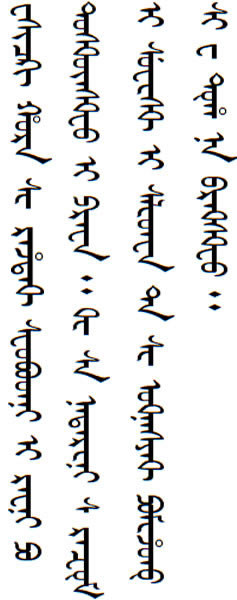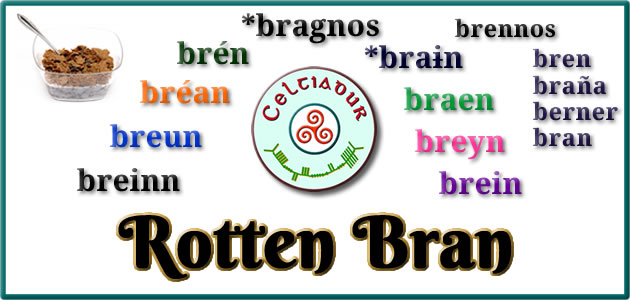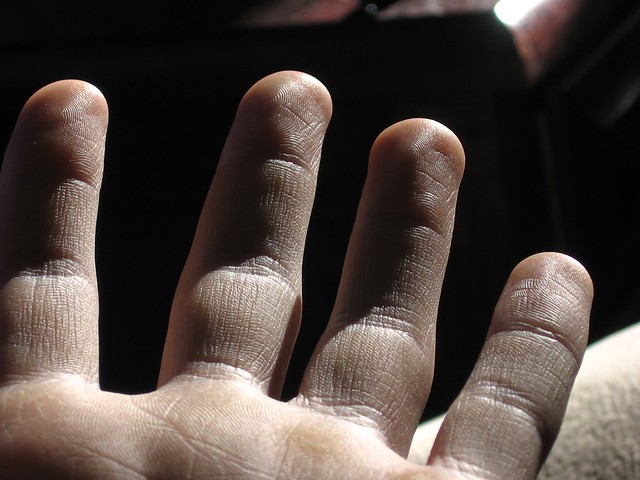Podcast: Play in new window | Download

Here’s the latest news from the world of Omniglot.
There are new language pages about:
- North Teke (Latege), a Bantu language spoken mainly in the southeast of Gabon, and also in the east of The Republic of the Congo.
- Benga, a Bantu language spoken in southwestern Equatorial Guinea and northwestern Gabon.
- Bamunka (Ŋgieməkɔʼkə), a Central Ring Grassfields language spoken mainly in the North West Region of Cameroon.
New numerals page: Kaktovik (Iñupiaq) numerals, a numerical system for Iñupiaq created in the early 1990s by middle school students in Kaktovik, Alaska, guided by their teacher.
New numbers page: Sikkimese (འབྲས་ལྗོངས་སྐད་), a Southern Tibetic language spoken in Sikkim in northeastern India, and in eastern Nepal.
There’s a new Omniglot blog post about Decals, and there’s the usual Language Quiz. See if you can guess what language this is:
Here’s a clue: this language is spoken in the Far Eastern Federal District of Russia.
The mystery language in last week’s language quiz was Benga (bɛŋga), a Bantu language spoken in Equatorial Guinea and Gabon.
The recording comes from YouTube
In this week’s Celtic Pathways podcast, entitled Badgered Brochures, we discover the possible Celtic origins of words like brochure and brooch and find a link to badgers.
On the Celtiadur blog there’s a new post about words for Worms & Maggots, and I made improvements to the post about words for Old and related things.
I also made improvements to the Ojibwe phrases page.
🎅 Merry (Multilingual) Christmas 🎄 to all who celebrate it! ☃️
For more Omniglot News, see:
https://www.omniglot.com/news/
https://twitter.com/Omniglossia
https://www.facebook.com/groups/omniglot/
https://www.facebook.com/Omniglot-100430558332117
You can also listen to this podcast on: Apple Podcasts, Amazon Music, Stitcher, TuneIn, Podchaser, PlayerFM or podtail.
If you would like to support this podcast, you can make a donation via PayPal or Patreon, or contribute to Omniglot in other ways.
Radio Omniglot podcasts are brought to you in association with Blubrry Podcast Hosting, a great place to host your podcasts. Get your first month free with the promo code omniglot.














